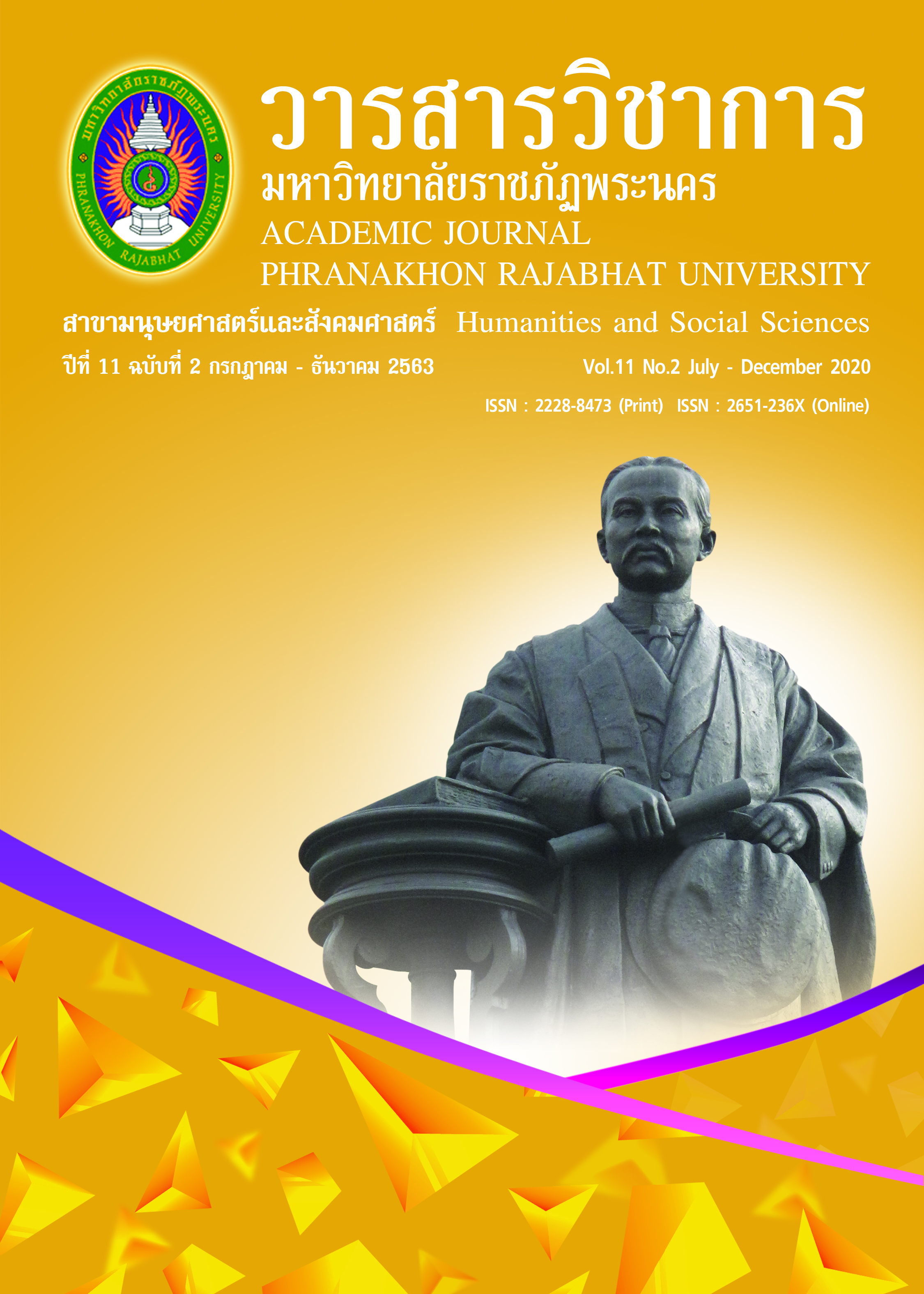Legal measures to solve election-related cases in Thailand
Keywords:
The Election Commission, Election-related Cases, AppealsAbstract
This research has an objective of studying the problem in the proceedings of election-related cases in Thailand. First is the legal problem on the investigation, hearing, and case proceedings at the stage of the Election Commission, which is inconsistent with the principle of separation of power. Secondly, a problem arises at the stage of the Election Commission when a re-election is ordered or when the right to apply to be the electoral candidate is temporarily suspended. Thirdly, there are legal concerns regarding the application of an inquisitorial system in the procedure of election-related cases in the Thai courts of justice. The final legal problem concerns the failure to provide an opportunity of appeals against the Election Commission or those against the Supreme Court’s order in election-related cases. The study includes both qualitative research and in-depth interview of relevant persons or experts in the field of justice administration in election-related cases.
According to the research, it was found as follows:
- The Election Commission is vested with power of investigation, hearing, and litigation of election-related cases, meaning that legislative power, executive power, and judiciary power is all vested in only one organization. This adversely affects the problem concerning the protection of citizens’ rights, and it is therefore proposed that the provisions of section 224 and section 225 of the Constitution of the Kingdom of Thailand be amended. This is so that the Election Commission has only power and duties to hold elections. As for the enactment of the laws on the investigation, inquiry, hearing, litigation as well as the laws empowering the court to adjudicate election-related cases, these statutes must only be enacted by the legislature.
- In order to ensure standardized and fair enforcement at the stage of the Election Commission when a re-election is ordered or when the right to apply to be an electoral candidate is temporarily suspended, it is suggested that the word “convincing evidence” be defined explicitly in the Election Commission’s Regulation on the Investigation, Hearing, and Ruling B.E. 2561 (2018). This is to ensure consistency with provisions of the Constitution of the Kingdom of Thailand B.E. 2560 (2017) and the Organic Act on the Election Commission B.E. 2560 (2017).
- The enforcement of law i.e. the provision on the inquisitorial system as stipulated in the Constitution of the Kingdom of Thailand B.E. 2560 (2017) is inconsistent with certain legal principles. In other words, an application of inquisitorial system in procedure of election-related cases in Thai courts of justice has resulted in a number of legal problems. An amendment of legal provisions in section 226 of the Constitution of the Kingdom of Thailand is therefore advised, so that the Act on the Adjudication and Ruling of Election-related Cases B.E. …. is drafted and enacted to specifically provide detailed procedure on the adjudication and ruling in election-related cases.
- The failure to provide appeals against orders of the Election Commission or the Supreme Court in election-related cases means that an opportunity is not given sufficiently to parties whose rights are affected, albeit being electoral candidates and citizens who have fully pursued redress resulting from a commission of crime in the justice system. This can be considered as a disqualification of citizens’ rights provided by the laws. It is therefore suggested in this research that the laws concerning the court’s competency and jurisdiction in election-related cases be amended so that the Appeal Court is competent to adjudicate election-related cases both at national and local levels. Moreover, the parties who are dissatisfied with the result of the court’s decisions, orders or judgment are given an opportunity to lodge appeals to the Supreme Court. This is so that parties can exercise their constitutional rights to review the lower court’s judgment one more time.
References
Guidelines for reform of the electoral system and political parties (Nor. 54), by Bunsri, 2012, Bangkok: King Prajadhipok Institute.
Miwongukho Bunsri,. (2012). Guidelines for reform of the electoral system and political parties. Bangkok: King Prajadhipok Institute.

Downloads
Published
How to Cite
Issue
Section
License
"บทความวิชาการในวารสารฉบับนี้ ถือเป็นความรับผิดชอบของผู้เขียนเท่านั้น"
สงวนลิขสิทธิ์ตามพระราชบัญญัติลิขสิทธิ์



